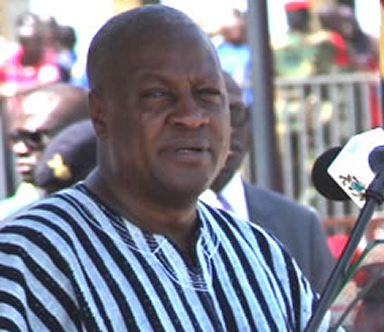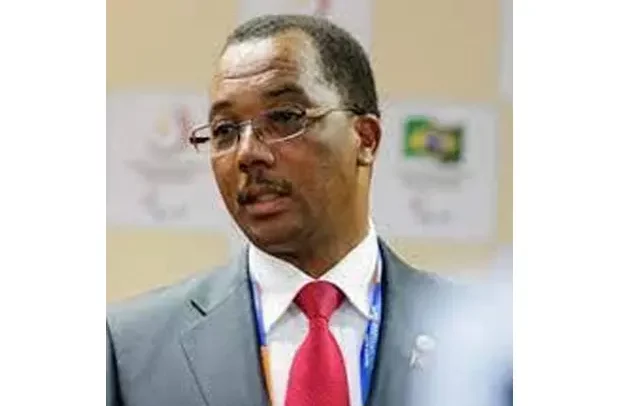
By Hailemariam Desalegn Boshe
At the Second Africa Climate Summit (ACS2), which took place in Addis Ababa a couple months ago, I delivered a warning that every G20 government should heed: Africa cannot finance its future while drowning in debt.
The numbers speak for themselves: Sub-Saharan Africa requires $143 billion in annual climate finance, equivalent to roughly 7% of its total GDP. But current climate-finance flows into the region amount to only one-quarter of that. At the same time, African countries spent nearly $90 billion in 2024 servicing external debt.
Africa’s debt crisis is not a fringe issue; it is one of the biggest obstacles to achieving global climate goals and advancing the continent’s development. Every dollar that African countries spend on interest payments is a dollar that could have been invested in climate resilience and sustainable development, including adaptation measures and clean-energy infrastructure.
The idea that Africa can finance the green transition while simultaneously spending huge sums on debt service is absurd. The problem, as I and many others have pointed out, lies in the global financial architecture. Between 2022 and 2024, foreign private creditors extracted nearly $141 billion more in debt-service payments from developing economies than they disbursed in new financing. Meanwhile, multilateral institutions like the World Bank and the International Monetary Fund have been forced into the role of lenders of last resort, plugging gaps they were never designed to fill. The result is that stakeholders with the greatest means benefit the most from the international financial system, while vulnerable countries shoulder the heaviest burdens.
Worse, the absence of a predictable debt-resolution mechanism has left dozens of African countries in distress. Governments that are desperate to avoid default for fear of being punished by the markets choose to slash spending on education, health, and, increasingly, climate action.
The upcoming G20 summit in Johannesburg – the first ever to be held in Africa – must end with a commitment to restructuring the liabilities of highly indebted countries, most of which are on the continent, with specific timelines and shared accountability among creditors. Releasing a communiqué or establishing a working group will no longer do.
This is not a plea for leniency; it is a demand for rationality. As I noted in my speech at ACS2, a report from the United Nations Development Programme found that 16 African countries paid $74.5 billion in excess interest between 2000 and 2020 simply because credit-rating agencies had inflated their risk assessments. This reflects systemic prejudice, not market logic, perpetuated by an oligopolistic industry.
The G20 must seize this moment to devise a fair debt-resolution framework that both lenders and borrowing countries can agree on, and that recognizes the legitimacy of factoring climate vulnerability and investment needs into debt-sustainability assessments. This would unlock Africa’s green transition and, crucially, help to restore faith in multilateralism.
Debt relief is a precondition for global stability. When African countries are forced to divert scarce resources from adaptation measures to loan repayments, it becomes much more difficult for the world to deliver climate security. Floods in Mozambique, droughts in Somalia, and cyclones in Madagascar are not merely local tragedies. They also pose international risks.
The world came together in 1996 to write off debt with the launch of the IMF-World Bank Heavily Indebted Poor Countries Initiative. But that was a 20th-century tool. The 21st century demands a bolder response: a climate-linked debt-relief mechanism based on survival, not sympathy.
When the African Union first demanded a permanent seat in the G20 more than seven years ago, many said it was impossible. Now, the AU has taken its place at the table. If the G20 musters the will to act on debt relief this year, the crisis could follow a similarly positive trajectory. As Nelson Mandela is supposed to have said, “It always seems impossible until it’s done.”
Any delay will only deepen insolvency, forcing more African countries into default. The question that the G20 must answer is whether it has the courage to rebuild the world’s financial foundations. The group must reckon with the fact that it will long be remembered for its determination – or for its failure – to rise to the challenge.
Hailemariam Desalegn Boshe is a former prime minister of Ethiopia and a member of the African Leaders Debt Relief Initiative.
Copyright: Project Syndicate, 2025.
www.project-syndicate.org
The post The G20 can no longer postpone debt relief appeared first on The Business & Financial Times.
Read Full Story

















Facebook
Twitter
Pinterest
Instagram
Google+
YouTube
LinkedIn
RSS